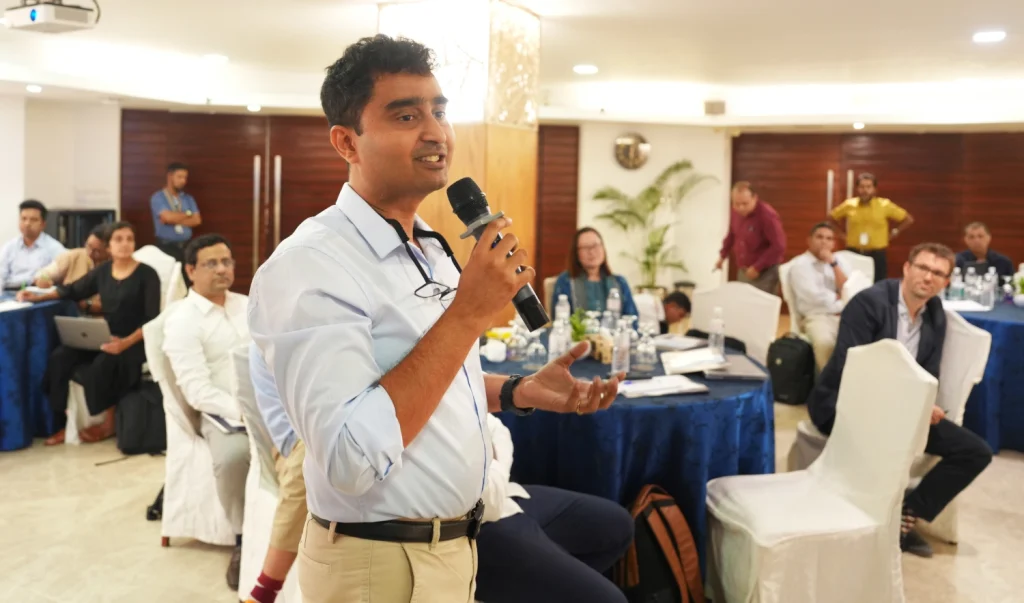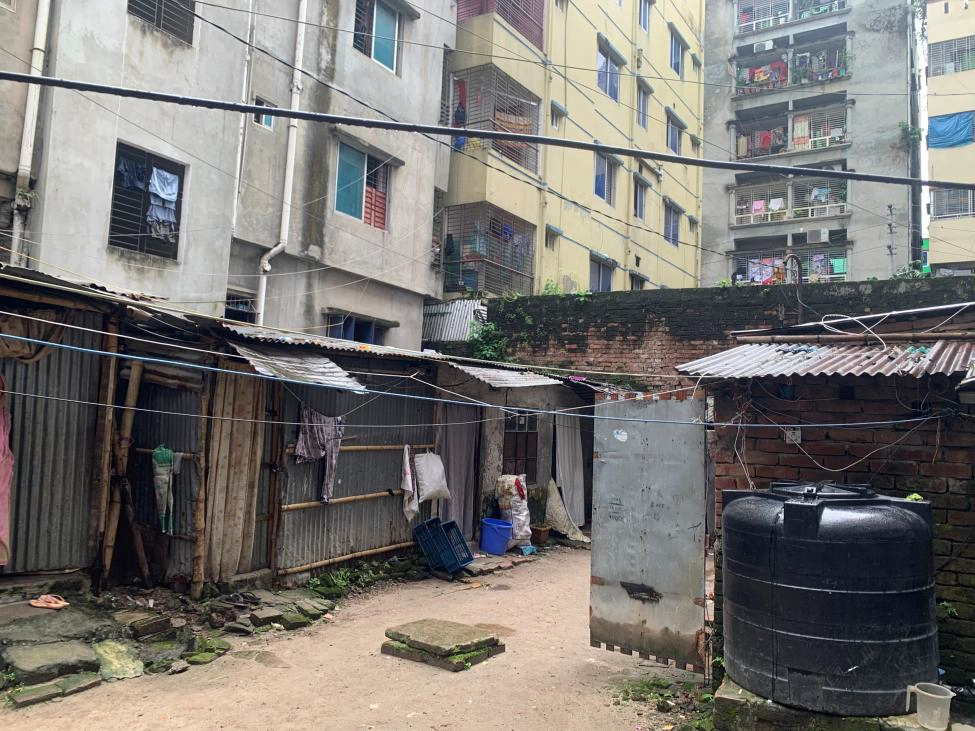Dr Somnath Chaudhuri, Research Fellow at WorldPop, recently visited Dhaka to participate in a key stakeholder engagement meeting for the Gates Foundation-funded project Blue Line Tracing and Wastewater Surveillance in Dhaka. The initiative, a multi-institutional collaboration involving icddr,b (formerly known as the International Centre for Diarrhoeal Disease Research, Bangladesh), the University of Virginia, Imperial College London, PLACE, Novel-T, and WorldPop, aims to strengthen public health surveillance in densely populated urban settings.
Representing WorldPop, Dr Chaudhuri presented cutting-edge population modelling techniques, including the WorldPop Global 2 datasets. These high-resolution tools are designed to help policymakers better estimate population denominators, map vulnerable groups, and plan for emergency response. Ministries in Bangladesh, particularly the Ministry of Health, expressed strong interest in integrating these methods into their planning frameworks.

During the visit, Dr Chaudhuri also forged connections with teams from Novel-T and PLACE, and supported the PLACE team in deploying a 360-degree camera system mounted on a car to capture street-level images in Dhaka. He also undertook field validation of a micro-census dataset shared by icddr,b. The team discovered high occupancy in small, single-story buildings, some housing up to 80 residents. The findings underscore the complexity of population modelling in informal and mixed-use urban settlements.
“It was a real eye-opener,” said Dr Chaudhuri. “These kinds of ground-truth insights are crucial for building accurate, actionable population maps in cities like Dhaka.”



